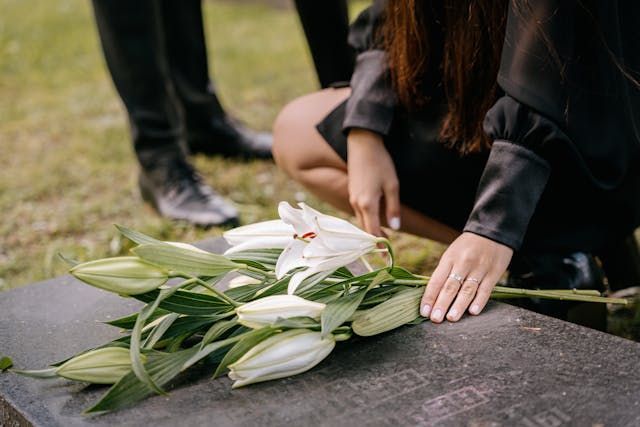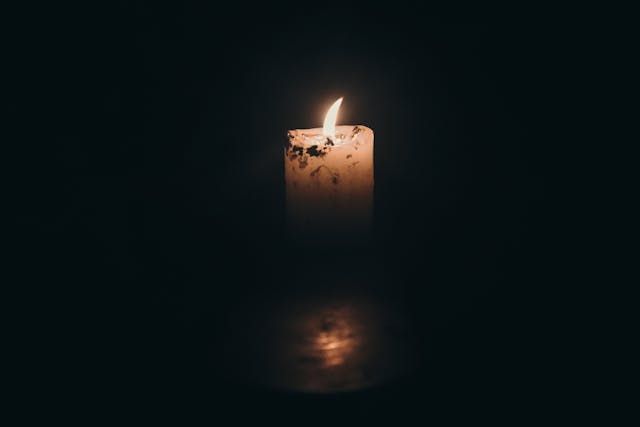Understanding Grief After Cremation Service: What to Expect
Explore the stages of grief after a cremation service and find support with Conner-Bowman Funeral Home & Crematory. Learn what to expect in your healing journey.

Experiencing the loss of a loved one is an emotionally turbulent time, often marked by profound grief and sorrow. For many families choosing cremation, understanding the grief that accompanies this choice can be uniquely challenging. As a family-owned establishment committed to compassionate care, we at Conner-Bowman Funeral Home & Crematory often help families navigate these difficult moments. In this blog, we'll explore what to expect as you process grief after a cremation service. Our goal is to provide insight and support for those navigating this emotional landscape, whether you're local or exploring Roanoke, VA cremations.
The Immediate Emotional Response
Immediately following a cremation service, it is common to experience intense feelings of loss and sadness. The finality of a loved one's passing can hit hard, triggering a wave of emotions. This period of acute grief is often characterized by:
- Shock and Numbness: Despite anticipating the loss, the reality can still be overwhelming. You might feel mentally frozen or numb.
- Sadness and Yearning:
A profound sense of sadness and a longing for the deceased are natural reactions.
- Anger and Frustration: Questions about why the loss happened and feelings of anger can surface. This can be directed at circumstances, other individuals, or even yourself.
Understanding that these emotions are part of the natural grief process can help you accept and work through them. At Conner-Bowman Funeral Home & Crematory, we encourage expressing these emotions and seeking support from trusted friends and family.
The Gradual Adjustment Period
As time progresses, the sharp pain of grief begins to dull into a continuous ache, which signifies the start of the adjustment period. During this phase, your grief may cause:
- Disrupted Routines:
Daily tasks may feel burdensome. Establishing new routines can provide some stability.
- Physical Symptoms: Insomnia, fatigue, and changes in appetite are common. It’s important to care for your physical health as you navigate grief.
- Guilt: Reflecting on past actions or wishing you had done things differently can lead to feelings of guilt. It's crucial to remember that such thoughts are natural but not indicative of any failure on your part.
During this period, seeking professional counseling or joining support groups can play a pivotal role in helping you cope. Engaging with others who understand your pain can offer solace and practical advice for managing daily life while grieving.
Long-Term Healing and Remembering
In the long-term, healing from grief involves finding a new sense of normalcy. This phase allows you to honor and remember your loved one while continuing to live your life. Strategies that might help include:
- Creating Lasting Memorials: Setting up memorial spaces at home or creating digital memory books can be comforting and provide an ongoing connection.
- Engaging in Rituals: Annual remembrances, such as lighting candles on significant dates, keep the memory alive.
- Finding Purpose: Engaging in charitable activities or hobbies that align with your loved one's passions can provide a sense of purpose and a way to honor their legacy.
Healing from grief is not about forgetting but about finding a way to remember that brings peace. Some days will be harder than others, but with time, the waves of grief will become more manageable.
As you go through these stages, remember that it's okay to seek help. Our team at Conner-Bowman Funeral Home & Crematory is dedicated to offering compassionate support throughout your grief journey. If you're considering Roanoke, VA cremations, we are here to provide not just services but also the support you need to navigate this challenging time.











